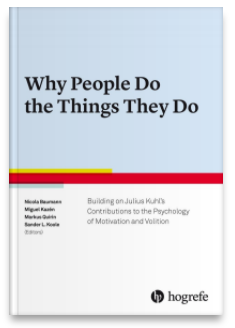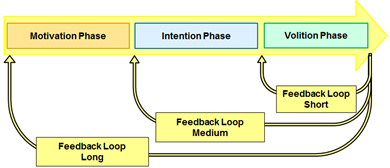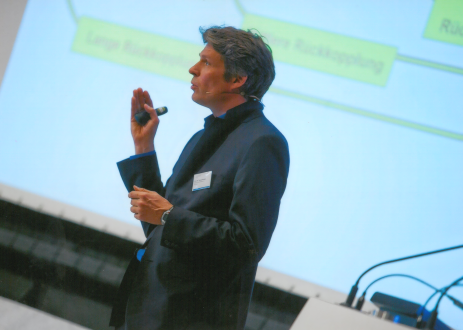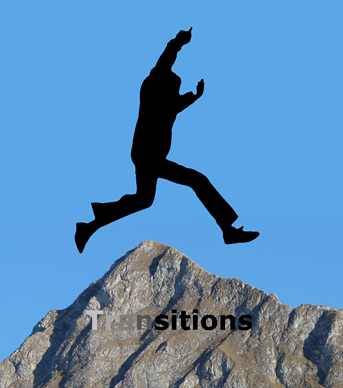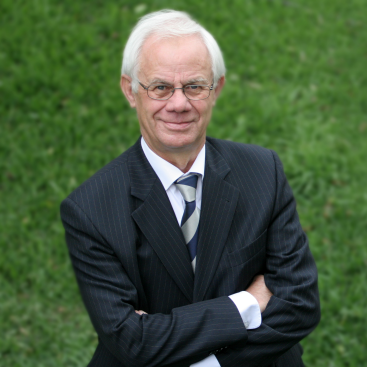The 18th International Conference on Motivation & Emotion 2024 will be held at Unversity of Bern, Switzerland. The chair will be Tina Hascher.

The main theme “Motivation & Emotion: Resources and challenges for teaching, learning, and research” provides a wide umbrella also to the practical aspects of motivational & emotional research.
The 18th International Conference on Motivation & Emotion 2024 will be held from 28. to 30. 8. 2024, preceded by the Summer School from 26. to 27. August 2024.
18th International Conference on Motivation 2024 (SIG 8): 28. – 30. August 2024
Summer School 2024: 26. – 27. August 2024
Location: University of Bern
Organizers: Prof. Dr. Tina Hascher, Dr. phil Dr. phil. Julia Mori, Tatijana Lovrinovic, Kristina Kelava
Deadline for proposal submission: 29. February 2024 (Call, PDF, 83KB)
Deadline for earli bird registration: 31. May 2024
Deadline for registration: 2. August 2024
Programm Overview: https://icm2024.unibe.ch/program/program_overview/index_eng.html
Website: https://icm2024.unibe.ch/index_eng.html


